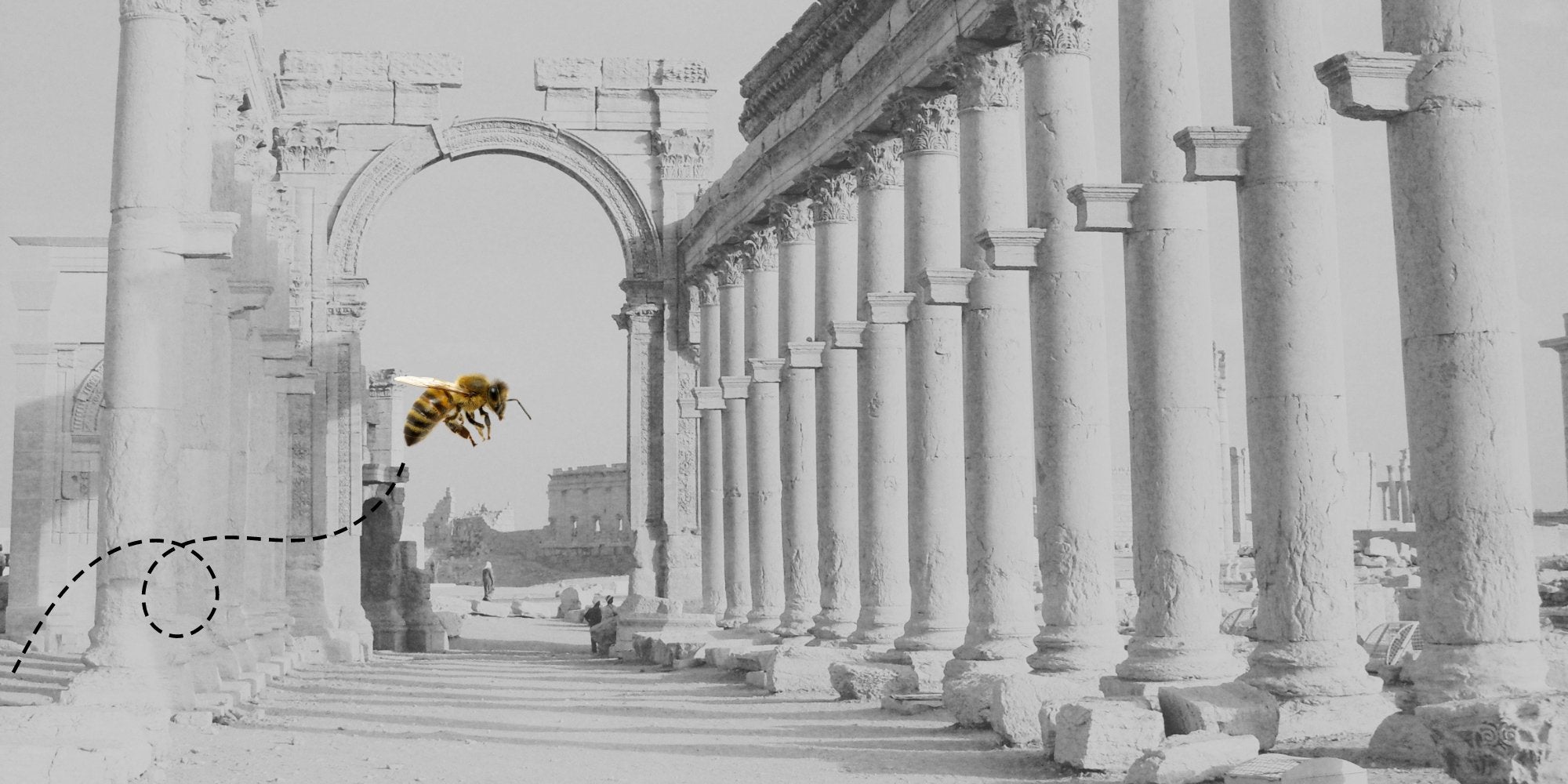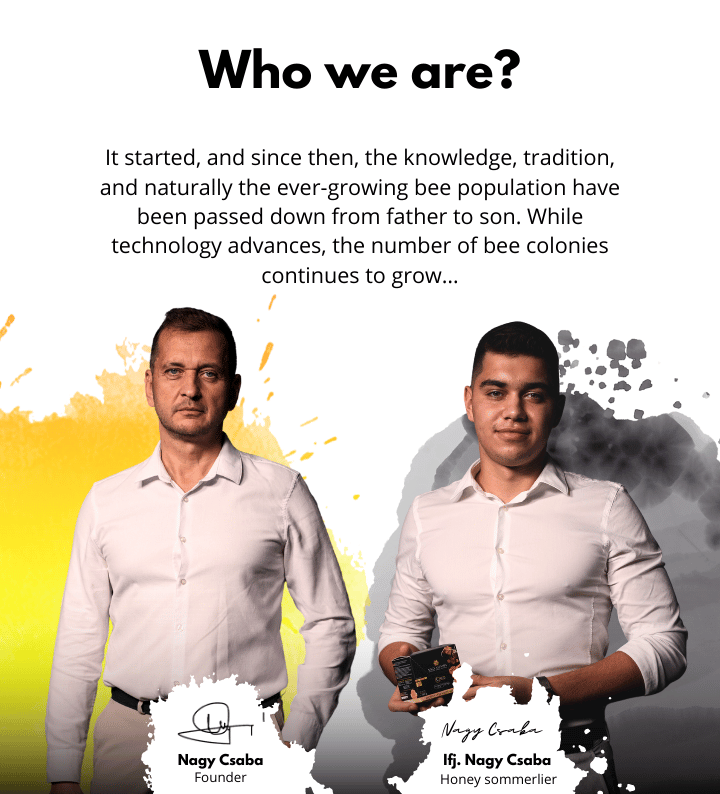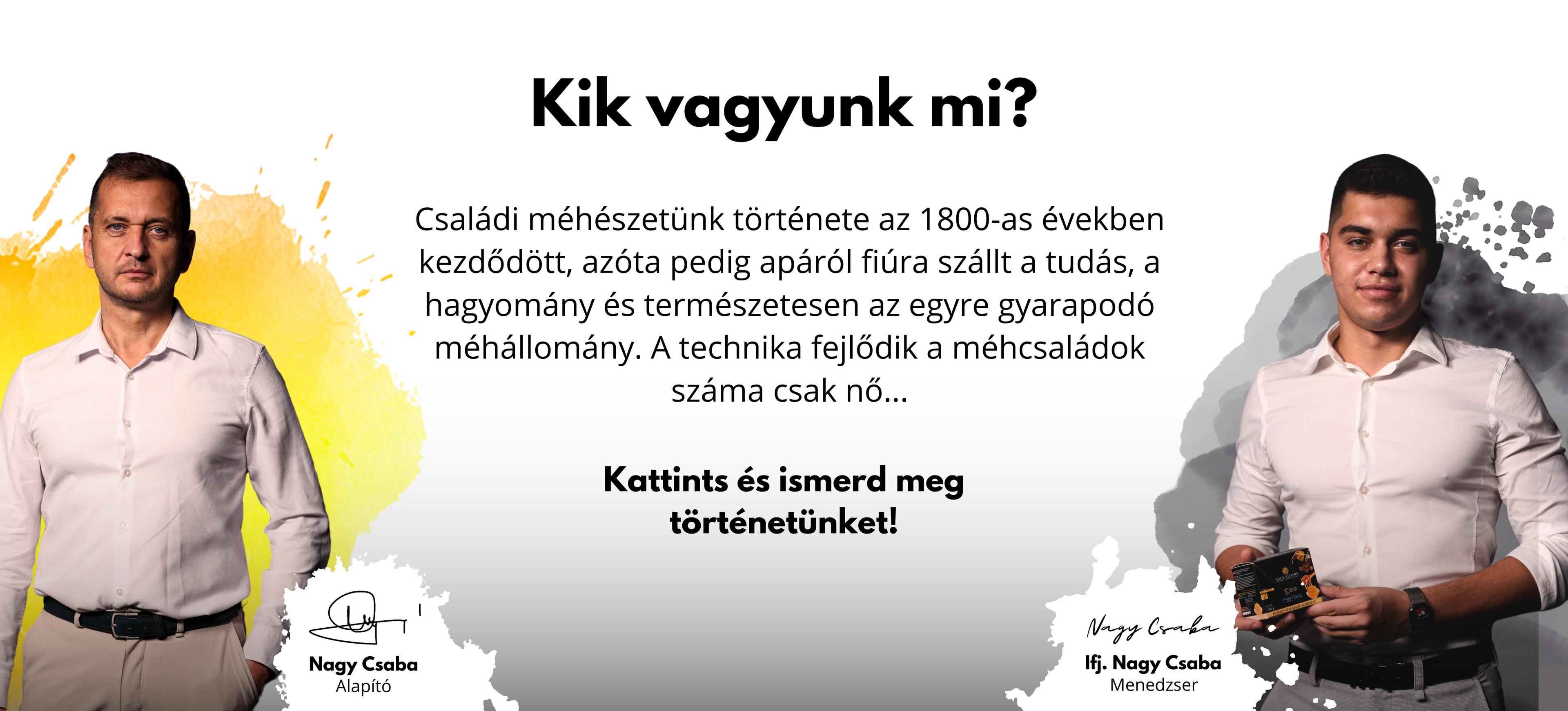In ancient Rome, as in much of the known world at the time, honey was a highly valuable food source. Not only was it used to sweeten food and drink, but it also served as a preservative.
The Sumerians, Babylonians, and Hittites were also familiar with honey, using it to make sweets and perfumes. Beekeeping was well developed in ancient Egypt, where doctors and priests used bee products (honey, wax, and propolis) for embalming.
The ancient Greeks called honey “melissa.”
The Romans likely passed their beekeeping knowledge on to the Celts and Germanic tribes, who in turn taught it to the Avars and Slavs. The Hungarians, upon arriving in the Carpathian Basin, continued this tradition.
🇭🇺 In Hungary:
Beekeeping in the area of modern Hungary predates the Hungarian conquest. Herodotus even mentioned that the Thracians living along the Istros (Danube) kept bees during his time – over 2,600 years ago.
The vast linden forests stretching from the Carpathians to the Lower Danube likely provided excellent forage for bees.
Initially, bees were probably not kept near dwellings or tended directly. Instead, wild bees nesting in tree hollows in forests were raided for honey.
The first educators of beekeeping were priests, who most likely acquired their knowledge from Roman writers such as Pliny, Virgil, Varro, and Columella.
The Turkish wars caused little harm to beekeeping, possibly because the Turks themselves cherished and respected honey.
💡 Fun fact:
Bees were even used as weapons during war.
See: Bonfini / 1445 Battle of Nándorfehérvár
Maria Theresa was the first ruler to recognize the importance of supporting beekeeping.
In 1776, she issued a decree exempting both beginner beekeepers and those with more than ten hives from taxes. In 1775, she permanently abolished the “bee tithe.” In 1770, she founded a beekeeping college in Vienna and supported the development of beekeeping through various means. Her efforts gave the profession new momentum.
In 1797, beekeeping education became mandatory at the Georgikon, an agricultural school founded by György Festetics.
Through gradual steps, Hungary has reached a point where today, approximately 1.2 million bee colonies are being cared for, placing the country 7th in Europe in terms of beekeeping.







